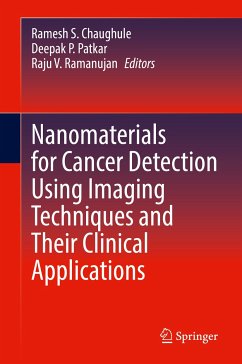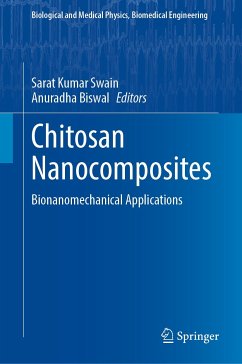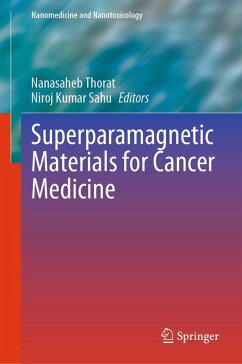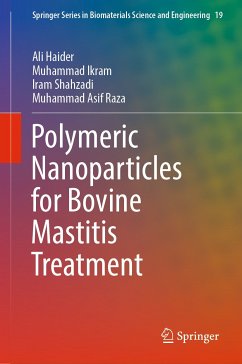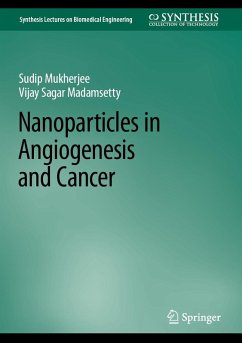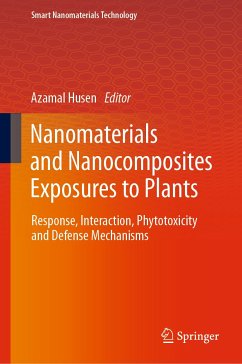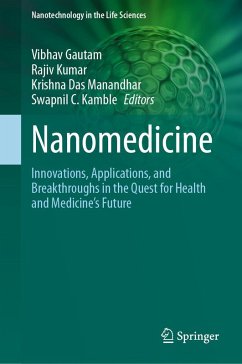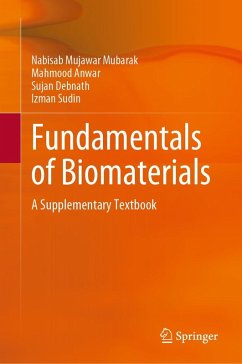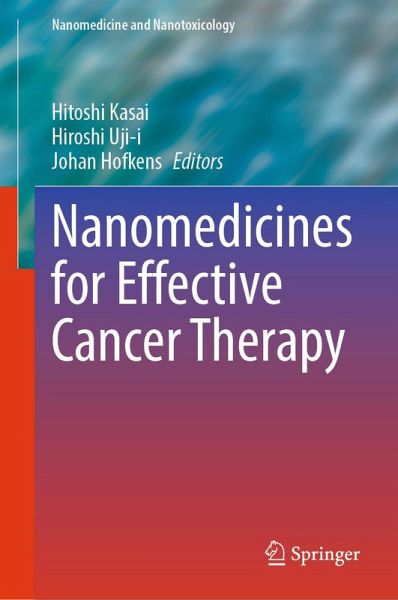
Nanomedicines for Effective Cancer Therapy (eBook, PDF)
Versandkostenfrei!
Sofort per Download lieferbar
120,95 €
inkl. MwSt.
Weitere Ausgaben:

PAYBACK Punkte
60 °P sammeln!
This book describes in detail the most up-to-date designs and fabrication techniques for nanomedicines toward effective cancer therapy, while especially emphasizing the biological interaction of nanomedicines at the cellular level, through comprehensive and visual cutting-edge technologies. Unlike other books on the general subject of medicine or drug delivery, this book provides readers the comprehensive information regarding what happens to the nanomedicine at the cell membrane surface, uptake mechanism, and what biochemical process it undergoes inside the cellular matrix. This full overview...
This book describes in detail the most up-to-date designs and fabrication techniques for nanomedicines toward effective cancer therapy, while especially emphasizing the biological interaction of nanomedicines at the cellular level, through comprehensive and visual cutting-edge technologies. Unlike other books on the general subject of medicine or drug delivery, this book provides readers the comprehensive information regarding what happens to the nanomedicine at the cell membrane surface, uptake mechanism, and what biochemical process it undergoes inside the cellular matrix. This full overview of the interaction between nanomedicines and cells also provides insights of how to design nanomedicines for effective cancer therapy.
Dieser Download kann aus rechtlichen Gründen nur mit Rechnungsadresse in A, B, BG, CY, CZ, D, DK, EW, E, FIN, F, GR, HR, H, IRL, I, LT, L, LR, M, NL, PL, P, R, S, SLO, SK ausgeliefert werden.



